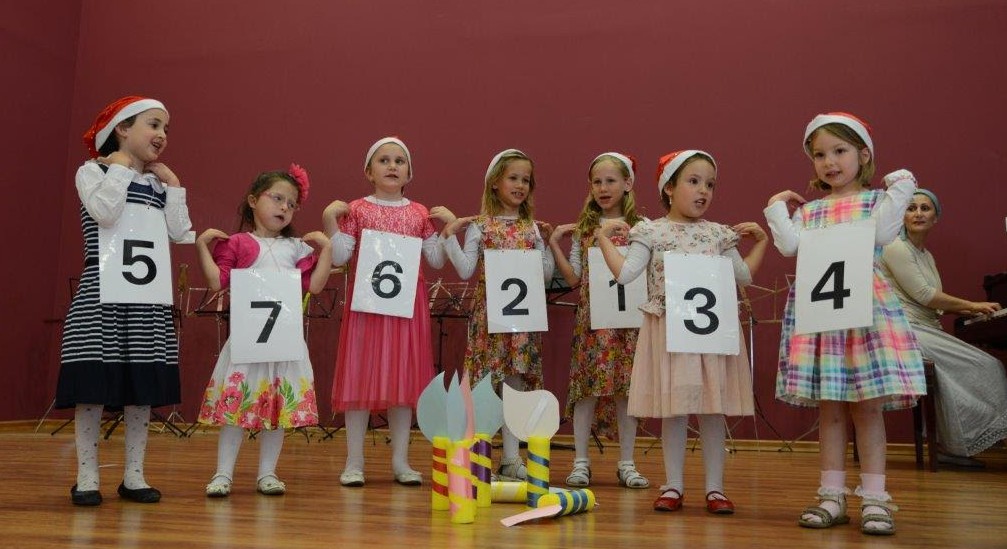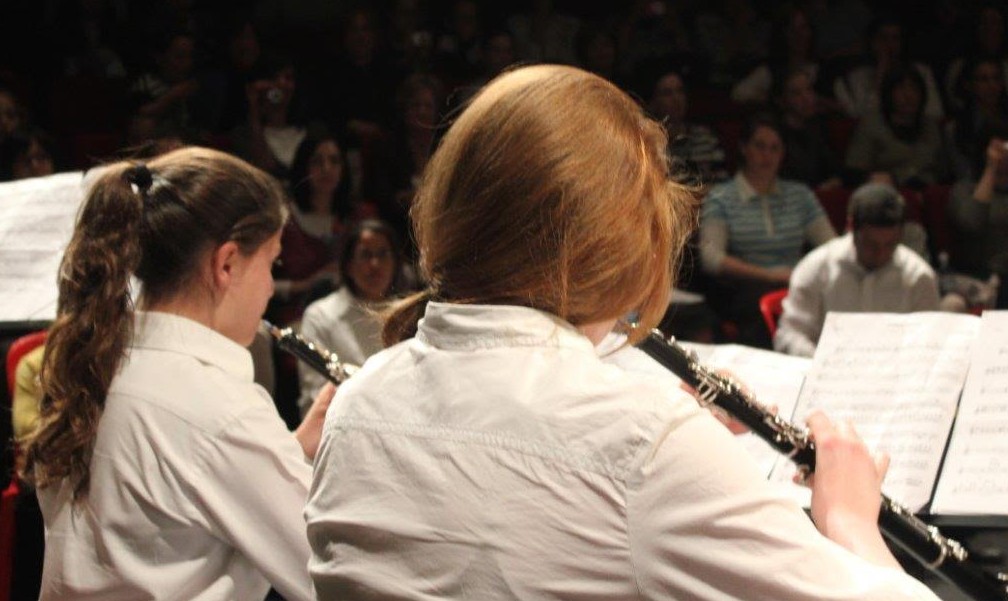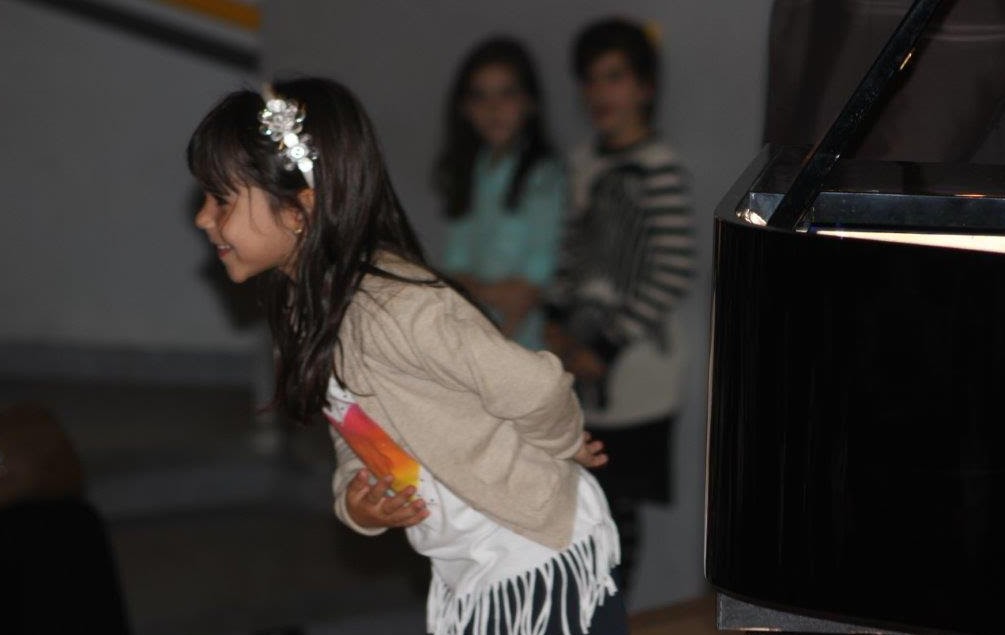The Ultra-Orthodox Conservatory: An Unstoppable Melody
Naomi Pearl leads the academic program of the 'Ron Shulamit' Conservatory in Jerusalem, dedicated to ultra-Orthodox girls. In an exclusive interview, she discusses the revolution of musical education in the Orthodox community.
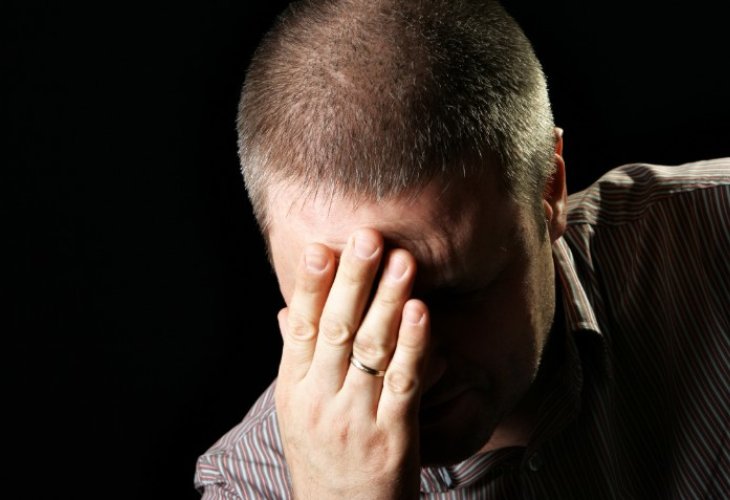
Naomi Pearl did not study music at an ultra-Orthodox conservatory. When she was a child, organized music education in the ultra-Orthodox community simply did not exist. Pearl, who grew up in a "Yekke" family to a mother who decided that her daughter would play the piano before she was even born, received private lessons in classical music and piano. "I was very lonely in my love for music," she recalls.
After finishing high school, Pearl continued with private music lessons alongside special education studies. "I worked in special education and also gave piano lessons at home," she shares. Then, one morning in 1988, she opened the Hamodia newspaper and saw a modest ad: an ultra-Orthodox conservatory was opening, and it was looking for teachers. "I was thrilled," she says with a smile.
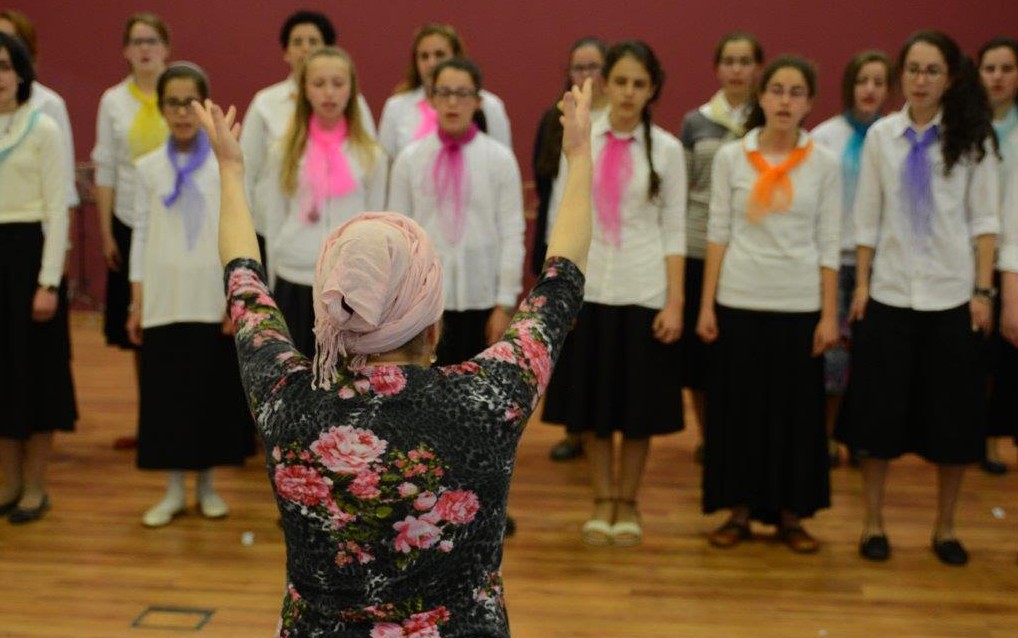
The ultra-Orthodox conservatory, a branch of 'Ron Shulamit', the first conservatory in the country founded over a century ago, was opened in Jerusalem by Rabbi Aryeh Hasid, a musician, pianist, rabbi, and educator. He opened the new branch, a global pioneer in ultra-Orthodox musical education, in the ultra-Orthodox neighborhood of Har Nof. He recruited a handful of music teachers, including Naomi Pearl. The new conservatory sparked a real revolution in the Orthodox world: suddenly, there was an opportunity for high-level professional music education — purely dedicated to holiness. "Suddenly, girls started playing. This created a dual need: the field needed professional music teachers from the Orthodox community, and our girls grew up wanting to turn their love for music into a profession." This need led the conservatory to open music programs in several major seminaries. Eleven years ago, the conservatory took an additional step forward: Naomi Pearl, who completed her bachelor's and master's degrees at Levinsky College, decided to develop a program to train teachers in instrument instruction. "We were the first to offer an academic degree to ultra-Orthodox girls, thanks to the Levinsky program we developed." Graduates of the program are in high demand and fill various roles across the country: music teachers, rhythm instructors, choir conductors, and more.
What’s unique about the ultra-Orthodox music education revolution, says Pearl, is the way it attracts students from across the ultra-Orthodox spectrum. "We even had a great-granddaughter of Rabbi Elyashiv. There is a very positive perception of engaging in music: art as a tool for divine service."
From her position as the conservatory director, Pearl sees the profound change that has occurred in the community's attitude toward music. If, in the past, music was seen as a nice leisure activity, today there's more talk about 'musical education'. "This is a real educational framework. There are very professional teachers. Various classical instruments have become fashionable. In the Jerusalemite expatriate community, for example, music has always been a pursuit, but suddenly it entered the rooted Jerusalem society, and we found here a vast talent pool. Musicians from outside also say that our students reach achievements very quickly, and it’s no wonder. An ultra-Orthodox person is very suited to the effort required by music studies: they are used to working hard for spiritual achievement, accustomed to delaying gratification." Accordingly, classical music sees extraordinary growth specifically in the ultra-Orthodox community: "When other conservatories closed, ours flourished." Approximately a hundred ultra-Orthodox girls are currently studying at the conservatory.
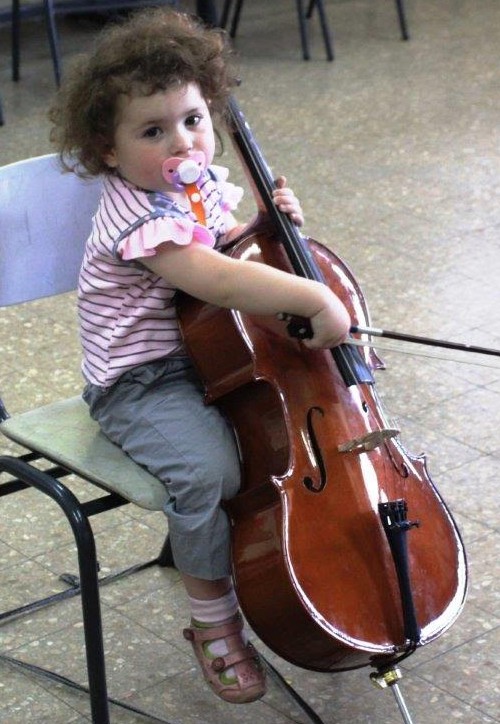
At what age do you recommend starting music studies?
"I suggest starting at four or five with a pre-instrument course. Playing an instrument requires concentration and strength, and it's advisable for the child to first be exposed to a lot of music in an experiential way before reaching the more challenging part. I recommend starting instrument lessons after the child has learned to read — then a diagnosis can be made to match an instrument for them."
Of course, she is quick to qualify, there are also successful students who only started in their teens, but: "If you want to become professional properly, it’s good to start early."
Do you recommend sending every child to music lessons, or only those who show talent?
"I believe parents have a responsibility to foster the musical talent of all their children. Music studies are a gift for everyone — it's a joy that accompanies you for life. It makes them more sensitive, grants a different perception of reality. Music also impacts other areas of life. We have seen it with us — and it's also proven by research — that children and teenagers who play show better cognitive abilities and academic achievements."
